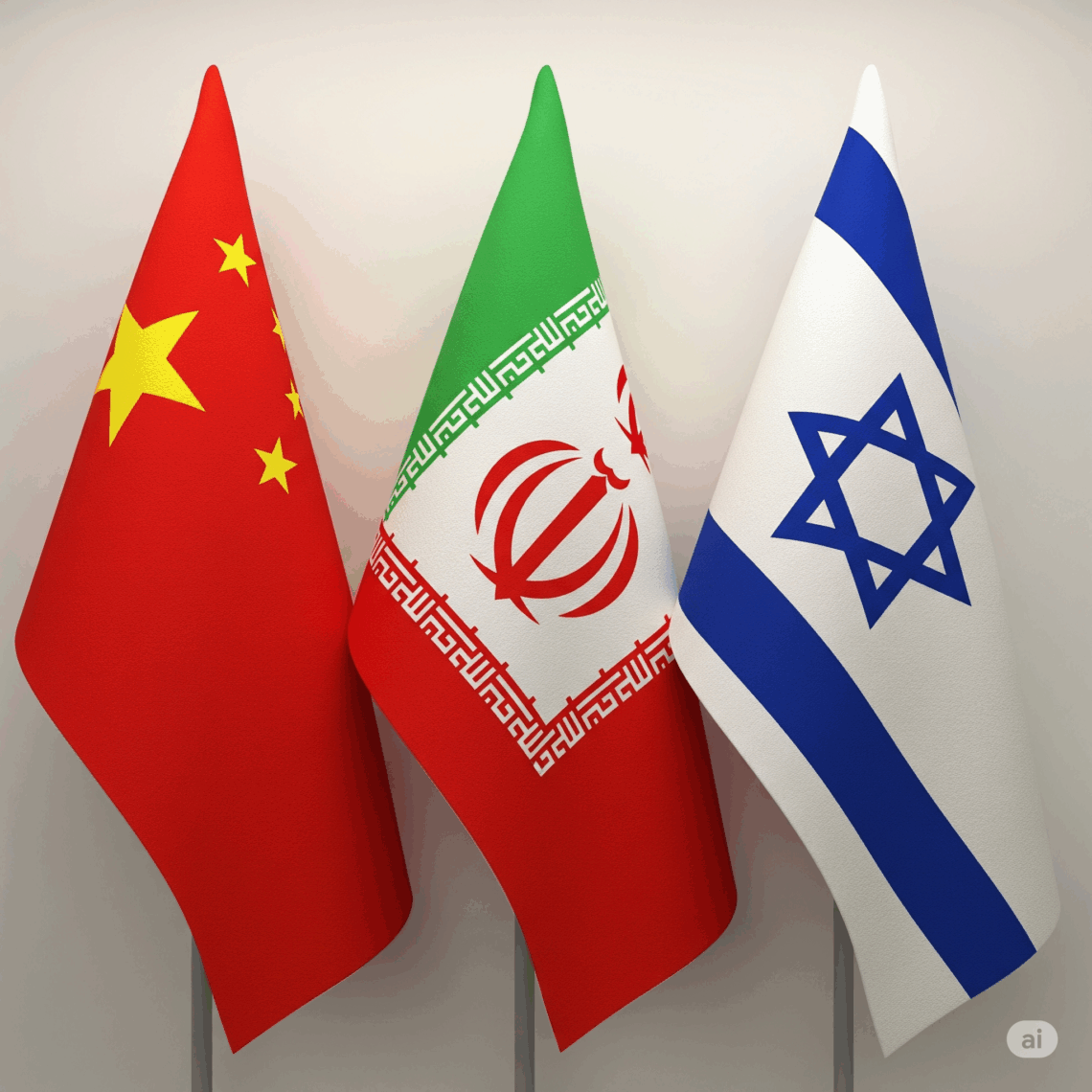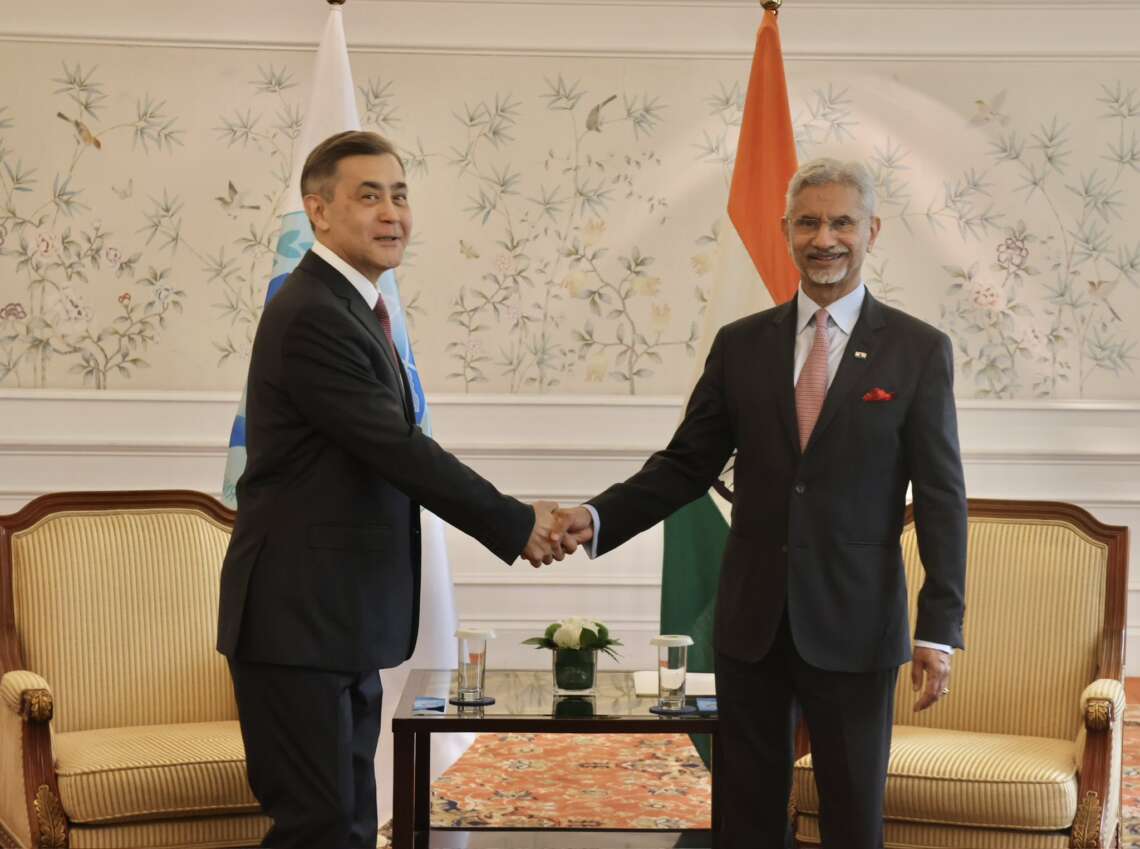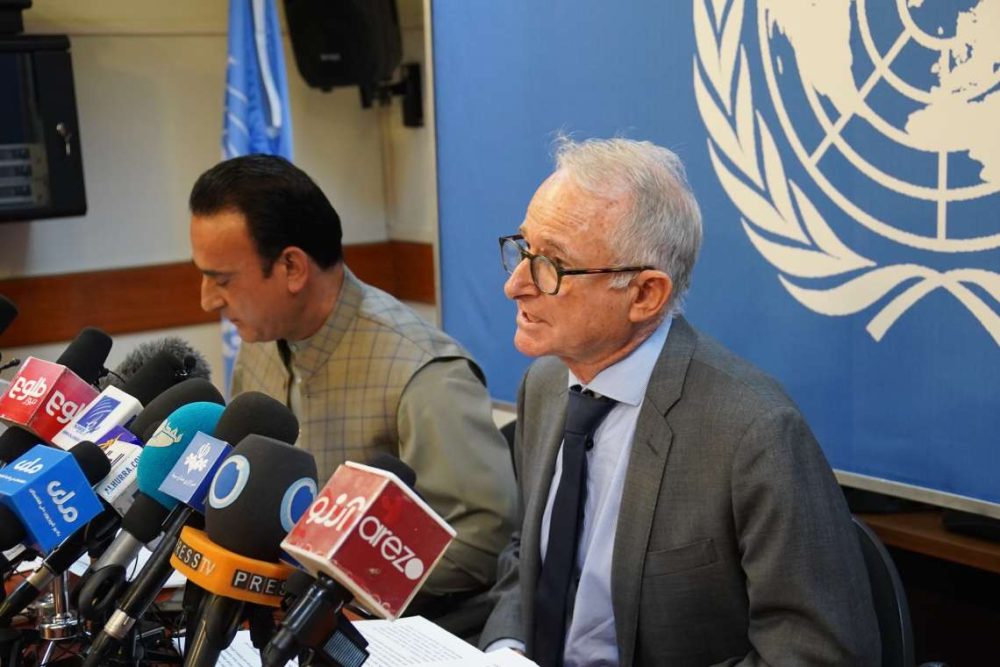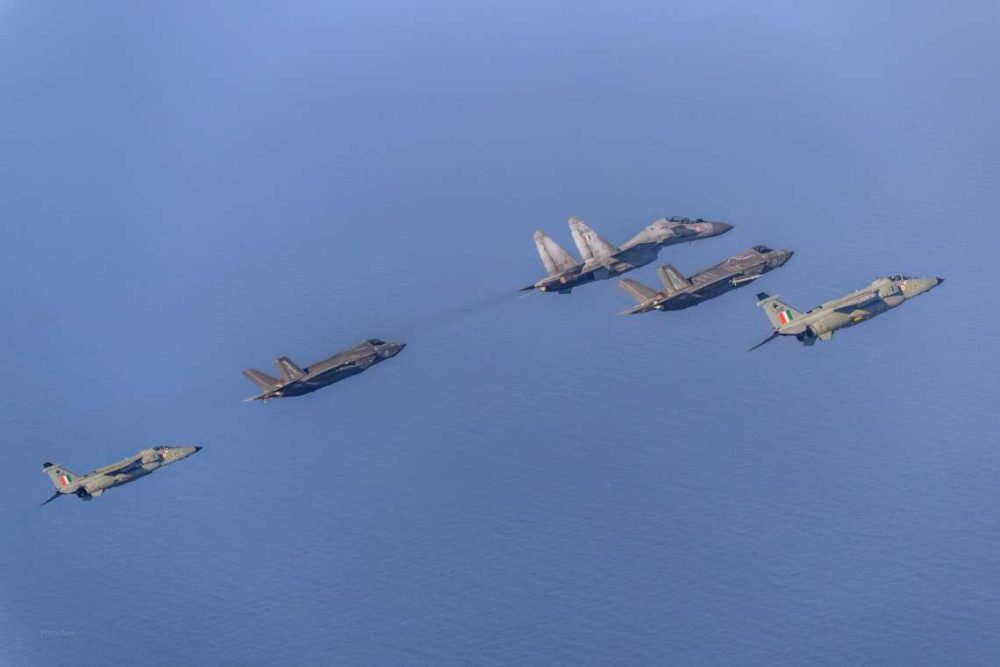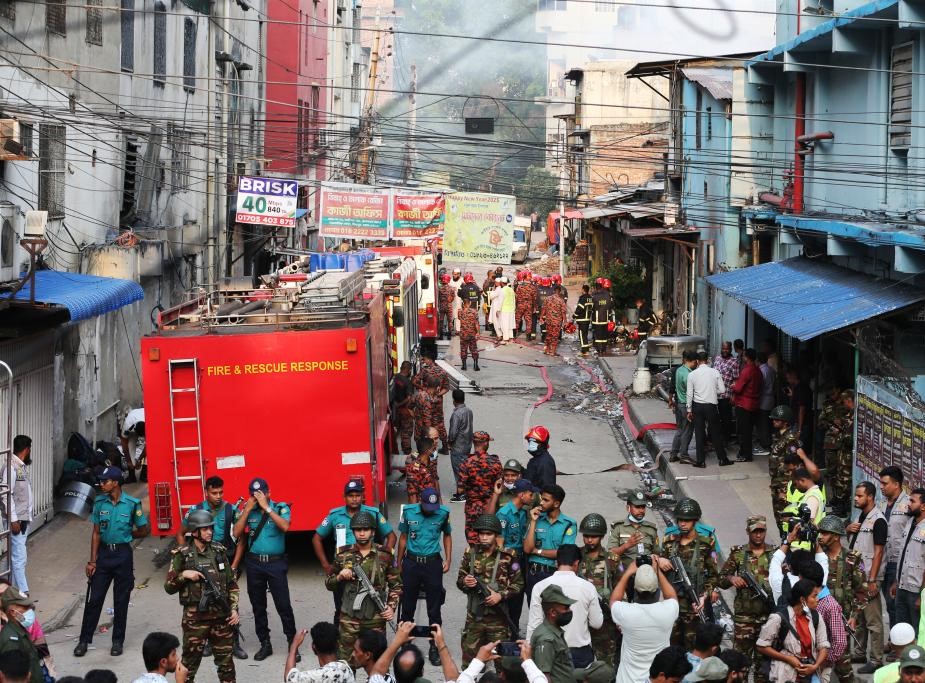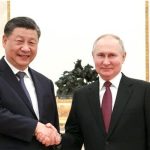Yet when Iran came under a massive Israeli attack — supported by U.S. air strikes targeting its nuclear infrastructure — China’s reaction was mostly symbolic…reports Asian Lite News
The recent conflict between Iran and Israel has exposed the limitations of China as a global power, raising questions about Beijing’s ability to challenge U.S. dominance in high-stakes geopolitical crises. Despite its deep economic and energy ties with Tehran, China’s response to the war was largely rhetorical — a fact that underscores the gap between its global ambitions and real-world capabilities.
China is a long-time ally of Iran, purchasing nearly 15% of its total oil imports from the Islamic Republic. In 2024, Beijing imported around 1.5 million barrels of oil per day from Iran — roughly 90% of Iran’s total oil exports. According to the U.S. Energy Information Administration, China’s industrial output would suffer significantly without the consistent energy inflows from Iran, which average 1.2 million barrels of oil and petroleum products daily.
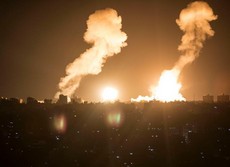
Yet when Iran came under a massive Israeli attack — supported by U.S. air strikes targeting its nuclear infrastructure — China’s reaction was mostly symbolic. “The Chinese government, a long-time friend of Iran, jumped into action; at least when it came to words,” noted AP. Beijing issued condemnations, President Xi Jinping called his Russian counterpart urging restraint, and the Chinese Foreign Minister reached out to his Iranian counterpart. However, there was no tangible support beyond statements.
In contrast, the United States stood firmly by its ally Israel. American intelligence and material support were instrumental in neutralising Iranian missile attacks and executing a precision strike on Iran’s underground Fordo nuclear facility — an operation that Israel could not have conducted alone. More tellingly, both Iran and Israel accepted a ceasefire negotiated by Washington, reaffirming U.S. clout as a crisis manager.
Former U.S. President Donald Trump sarcastically remarked, “China can now continue to purchase oil from Iran,” after the ceasefire was declared. His comment reflected a growing view in Washington that China’s global footprint remains largely commercial, not strategic.
As quoted by the Washington Post, William Figueroa, a China–Iran expert at the University of Groningen, said, “China has little ability to affect the situation directly, has no ability to militarily influence that conflict.” The country has only one overseas military base — in Djibouti, established in 2017 — and fears of a sweeping Chinese military expansion abroad have proven unfounded.
A recent RAND Corporation study, cited by European Times, concluded that China’s aspirations to expand its military base footprint overseas are unlikely to pose a serious threat to U.S. forces before 2030. China has been attempting to negotiate base deals in Cambodia, Equatorial Guinea, Namibia, the Solomon Islands, the UAE, and Vanuatu — but it lacks the logistical and diplomatic frameworks to operate them effectively. In contrast, the U.S. boasts robust command-and-control structures and long-standing defence alliances.
China’s passive stance during the Iran–Israel war has also tarnished the diplomatic credibility it gained in 2023 after mediating the landmark peace agreement between Saudi Arabia and Iran. Analysts argue that Beijing’s close ties with specific regional actors — including both Iran and Israel — hinder its ability to act as a neutral mediator in the Middle East.
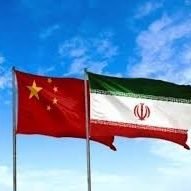
Although China signed a 25-year strategic cooperation agreement with Iran in 2021 — which includes military and cyber-security clauses — it offered no concrete support when Iran was under fire. As European Times points out, Beijing appears more focused on protecting its economic interests than advancing any coherent geopolitical strategy. Its reluctance to act during the conflict has painted China as an unreliable partner.
During the peak of the conflict, Iran reportedly considered closing the Strait of Hormuz — a critical chokepoint for global oil supply — to force international pressure on Israel. But recognising the vital role of Gulf oil in sustaining Chinese industries, U.S. Secretary of State Marco Rubio reportedly asked Beijing to urge Tehran to keep the strait open. China complied, prioritising trade stability over loyalty to a “strategic partner.”
According to experts, China’s past successes in the region — such as the Iran–Saudi Arabia rapprochement — were driven by commercial motives rather than geopolitical leverage. Beijing has been keen to flood the Iranian market with cheap goods in exchange for oil, while the U.S. has maintained a far deeper military and diplomatic presence through air bases and defence pacts.
Ultimately, the Iran–Israel war has exposed China as a paper tiger — a power with bold rhetoric but little ability to act when it matters. As European Times summarised, China’s limitations in projecting military strength, navigating alliances, and influencing outcomes on the ground reveal the long road ahead before it can truly rival the U.S. as a global hegemon.


